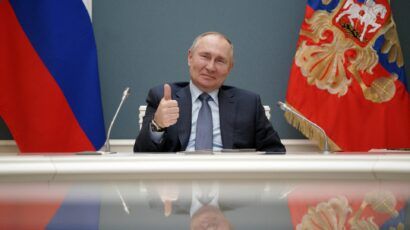Mark Hibbs, senior associate, Nuclear Policy Program, Carnegie Endowment for International Peace
November 25, 2013
The agreement reached in Geneva has been widely received with approval and some relief, including by myself, for very good reasons. The deal gives us a baseline for building confidence toward the longer-term goal of reducing the threat that Iran will become a nuclear-armed state. Without such an initial understanding with Iran on how to proceed in this direction, the ultimate logic of Iran’s uninterrupted nuclear development is that the United States and Israel will edge toward a war with Iran.
The agreement made in Geneva, however, stands between aspirations and hard realities. The aspirations are for an Iran that negotiates with the P5+1 powers a comprehensive and permanent solution to the crisis. The endgame would be an Iran that is in the NPT, in full compliance with its obligations, and that enjoys a “broader conclusion” from the IAEA that its nuclear program is fully understood and exclusively dedicated to peaceful use, and without a virtual nuclear weapon capability. In return, Iran would no longer be under sanctions, and, to the extent possible, it would have a cooperative relationship with the United States and other Western powers.
The hard realities include the possibility that, on the basis of its previous behavior, Iran may see the initial agreement as yet another opportunity to buy time, to continue developing and adding to its sensitive nuclear capabilities, and to leverage these assets in interminable negotiations with the powers that do not result in a final long-term accord commiting Iran to limits on the scope and extent of its sensitive nuclear activities.
If Iran sees the value of fully complying with the terms of the initial agreement, and the US administration is permitted by the US Congress to respond by negotiating, concluding, and bringing into force with Iran a long-term agreement, we may turn the corner on the Iran nuclear crisis. If instead Iran sees the initial agreement as a tactical opportunity to keep on a trajectory of accumulating more sensitive nuclear assets, the crisis will continue, and Iran’s leverage may increase.
Mark Hibbs
senior associate
Nuclear Policy Program at the Carnegie Endowment for International Peace













